Charles Hodge (1797–1878) was a conservative Presbyterian scholar and a professor at Princeton Theological Seminary for more than five decades.
He was born Dec. 27, 1797, in Philadelphia to Hugh and Mary Hodge. His father died seven months later from complications of yellow fever in the epidemic of 1795; his parents lost three sons in epidemics in 1793 and 1795.
Hodge and his brother, Hugh Lenox, were brought up by relatives in the Presbyterian tradition. Their mother took in boarders to help them get an education.
The family moved to Somerville, New Jersey, in 1810, where Hodge attended a classical academy. At 14 he enrolled at Princeton College and three years later became a Christian during a campus revival, joining the local Presbyterian church.
Rigorous studies
Entering Princeton Theological Seminary in 1816, Hodge decided to study for the ministry. His studies were rigorous. He graduated in 1819 and was licensed to preach the following year. He served as an interim preacher in Philadelphia and Woodbury, New Jersey.
Hodge became an assistant professor of biblical languages at Princeton Seminary in 1820. When he published his first pamphlet in 1822, he was appointed full professor of Oriental and Biblical literature, and held a Chair of Theology from 1840 to his death.
He married Sarah Bache, Benjamin Franklin’s great-granddaughter, in 1822 and they had eight children. When she died in 1849, he married Mary Stockton, one of Sarah’s friends.
A prolific author, Hodge wrote an influential three-volume “Systematic Theology” as well as many biblical commentaries. He founded the “Biblical Repertory,” later named the “Princeton Review,” and for 46 years edited the journal.
Devoted teacher
A faithful Christian and caring husband and father, he also was devoted to his students. On April 24, 1872, a jubilee was held in Princeton to honor Hodge’s 50 years as a professor. Of the almost 3,000 students he had taught, some 400-500 attended the celebration, many of whom had become pastors, professors and missionaries.
When he died on June 22, 1878, all of the town of Princeton closed down to honor him. A former student gave the funeral address. After mentioning Hodge’s intellect, he said, “ … his chief power was in his goodness. Christ enshrined in his heart was the center of his theology and life.”
Hodge’s legacy lived on. Three sons became ministers, and two sons and one grandson were Princeton seminary professors.

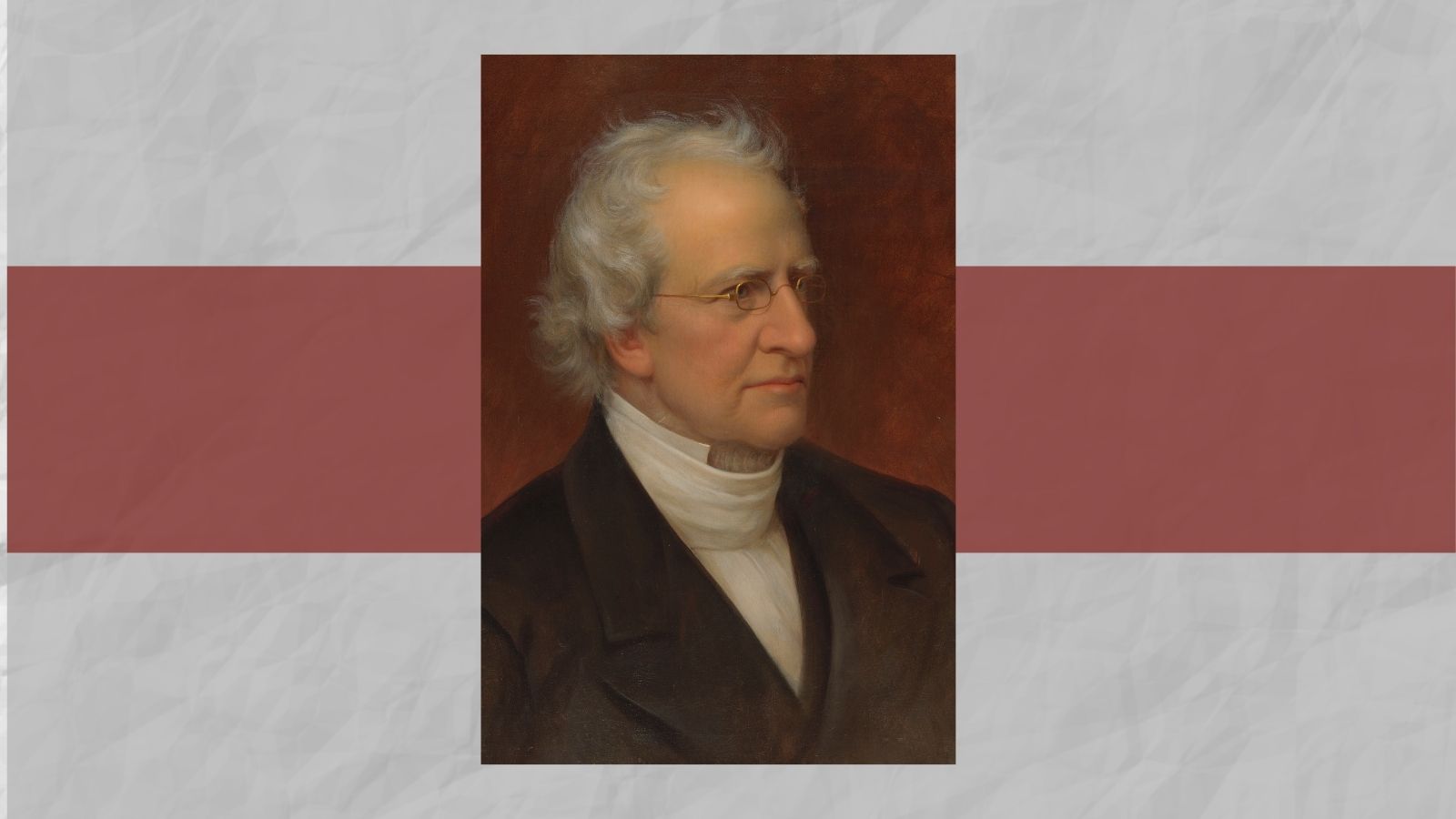
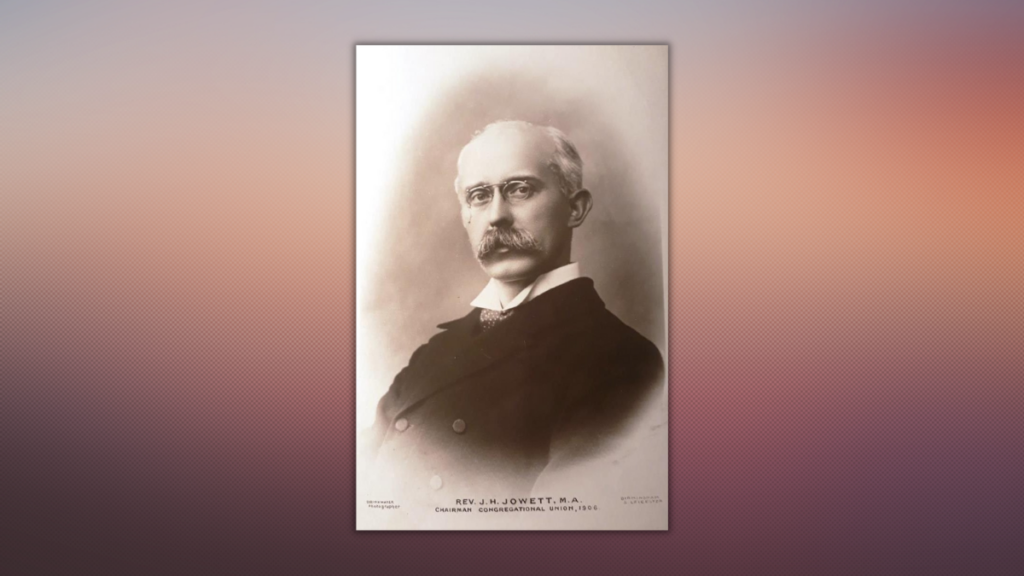
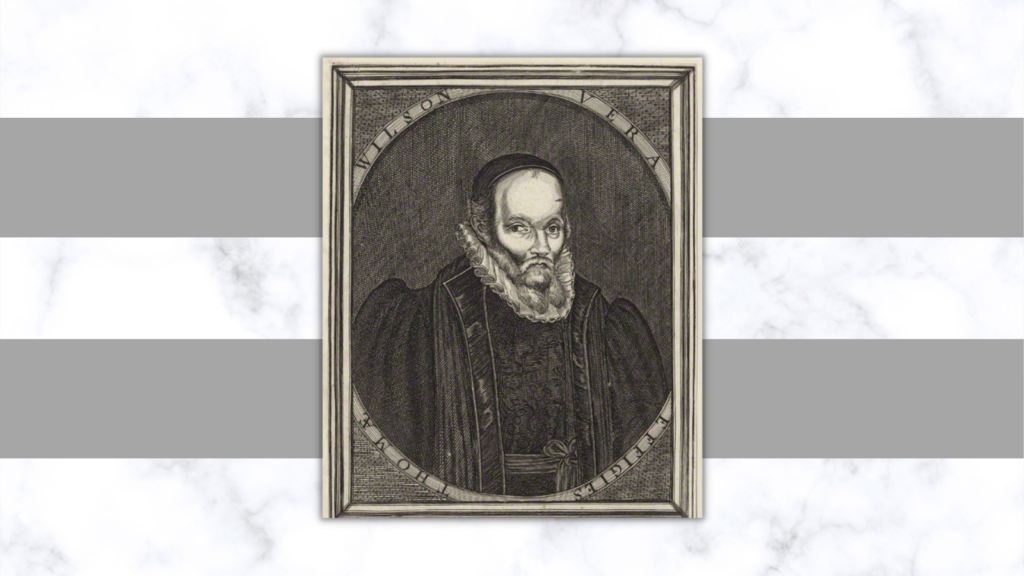
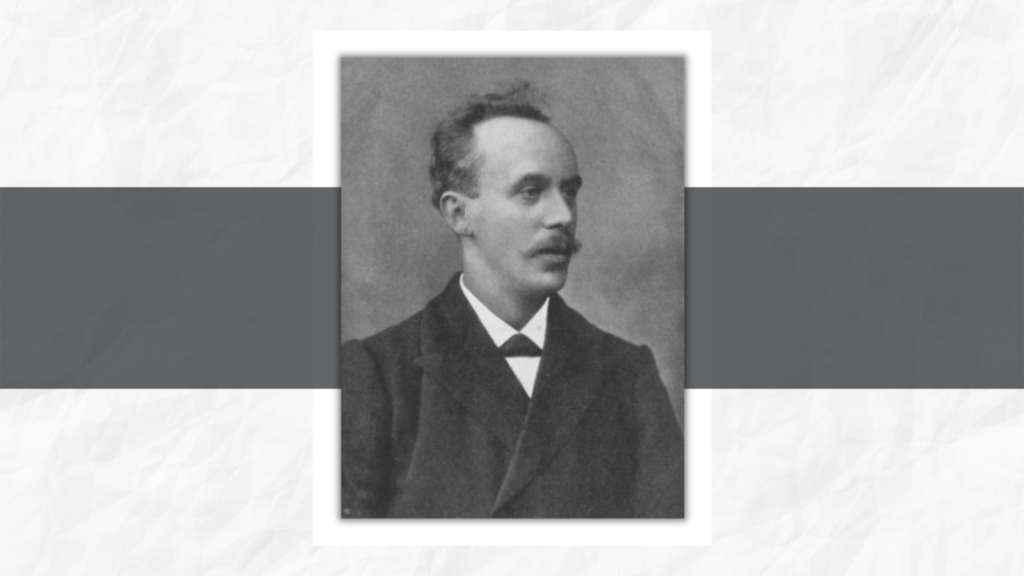
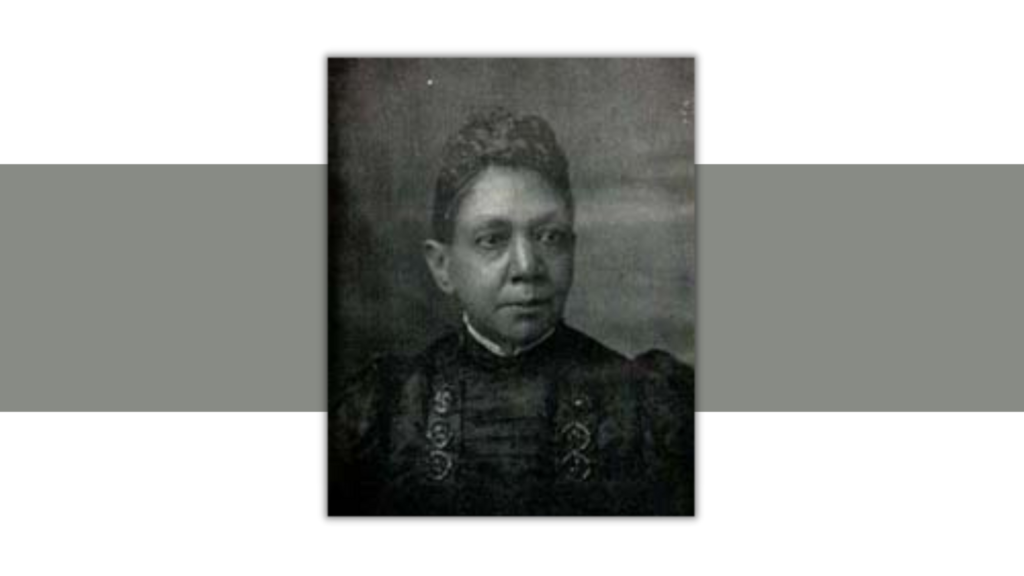
Share with others: